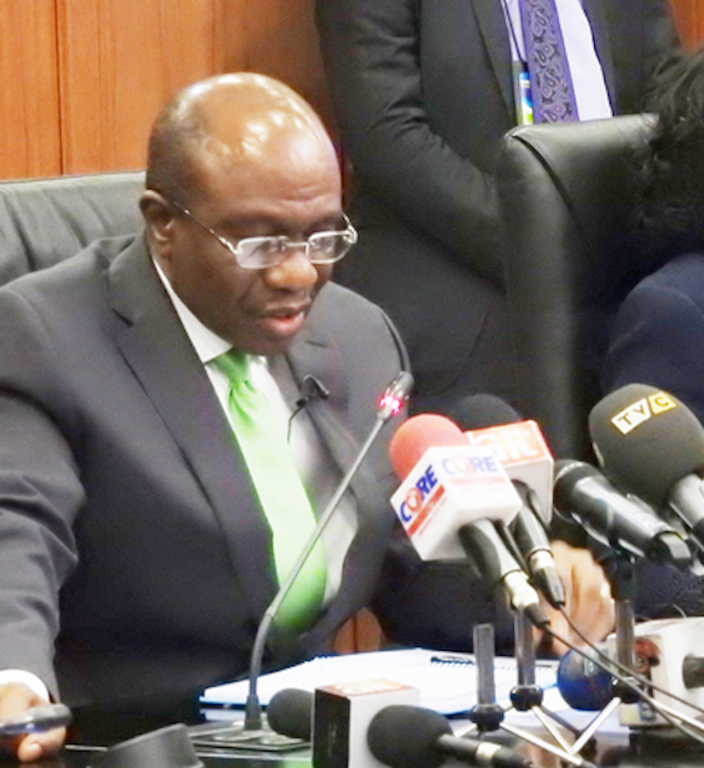An alternative forwards currency market is gradually taking root in Nigeria, Africa’s largest economy, following the introduction of a new exchange window.
Nigeria’s traditional currency-forwards market largely controlled by the CBN at the interbank market (NIFEX) is thus facing competition from a relatively new system that came on stream about two months ago.
The emergence of the new forwards market comes with the newly introduced Nigerian Autonomous Foreign Exchange (NAFEX) rate fixing for foreign investors and exporters window, which helps to alleviate the dollar squeeze and boost Nigerian assets.
The development has created a situation in which there are two non-deliverable forex (NDF) markets – the NAFEX NDF and the NIFEX NDF. Standard Chartered specifically says Nafex forwards will gain in importance, adding that though there are no wizards in the currency-forwards markets, a parallel universe is taking shape in Nigeria
The development comes from the tentative steps being taken by the CBN toward currency liberalization amid economic turmoil caused by lower oil prices. This has brought about the emergence of a separate NDF market, which has received investors’ growing confidence.
Traders specifically expect the forwards to give them greater control in predicting future exchange rates and raise the appeal of carry trades in naira assets.
Traders have noted that the new market derivative will enhance a transparent, accountable and secured naira determination and would enable the Central Bank of Nigeria (CBN) to generate huge inflows running into billions of dollars to defend the local currency.
Market survey indicates that the window has reversed completely the zero level confidence of investors in the market. Essentially, the window has engendered a robust and stable planning of foreign exchange demand decision of businesses.
To this end bond investors and speculators are practically switching away from non-deliverable forwards that are based on the main interbank exchange rate, which is tightly controlled by the central bank, and embracing the more liberal pricing mechanism.
Samir Gadio, head of Africa strategy at Standard Chartered Plc, told Bloomberg that “The Nafex NDF market is just emerging. So far there have been tentative trades, but we are getting to the point where market stakeholders are starting to quote consistently. The expectation is that the Nafex market will become more and more relevant.”
For example, the main stock index has risen 31 percent since it was opened, the second-best performance globally. While some investors continue to shun Nigeria, as they dislike its system of multiple exchange rates, Cape Town-based Allan Gray Ltd. is among those that have increased their exposure, tempted by cheap stocks and bond yields of around 20 percent, according to reports.
“The naira trades at 324.5 per dollar on the interbank market and 376.7 on the Nafex market, thus closing the wide gap that has previously existed. Equally, the Nigeria interbank forex exchange (Nifex) NDFs linked to the interbank rate, of which around $20 million to $50 million-worth trade each day, fell 0.4 percent to 357.5 for six-month contracts as of 4:10 p.m. in Lagos, while similar-maturity Nafex contracts were bid 390 and offered at 405,” according to Samir Gadio in response to Bloomberg.
Forward contracts are also used by investors who own naira bonds to hedge against movements in currency values. Others use them purely to bet on how much the naira will weaken.



